What Did You Read in August 2024?
I know there are a few more days left in August, but with everything on my plate right now, I probably won’t finish any more books before September. I hope August was a good reading month for you, so please let me know what you enjoyed as well as what to avoid.
Not pictured:
The End of Everything: How Wars Descend into Annihilation (2024) Victor Davis Hanson
Victor Davis Hanson was recommended to me by a friend who made the author and his work sound fascinating, and it is. Hanson relates stories of invasions and sackings from ancient times to the New World, showing how societies can (sometimes slowly, sometimes quickly) become barbaric and force the deaths of peoples and cultures. In histories of the fall of Thebes, Carthage, Constantinople, and Tenochtitlan, Hanson holds nothing back, urging contemporary readers to remember the past or ignore it at their peril.
A Doll’s House (1879) Henrik Ibsen
Here’s the first of two plays I read this month. Somehow I had (not consciously) avoided this play and its adaptations, but I’m glad I finally read it. For the first several pages I thought, “Okay, I know where this is going,” but I was wrong. The play provides much to discuss, not only in examining the time in which it was written and performed but also right now.
From the photo:
The Epic of Gilgamesh (2100-1200 BC) Anonymous
Although this was not my first read of The Epic of Gilgamesh, this second encounter made me think more about its history, parallels with the Bible, influence on literature and storytelling, and much more. Rather than describing it here, I encourage you to read (or reread) it for yourself. It’s quite short.
Delta Wedding (1946) Eudora Welty (from the Library of America volume Eudora Welty: Complete Novels)
There’s a sense in which nothing much happens in Delta Wedding, yet another in which an entire world comes to life. The story centers on Dabney Fairchild, daughter of a plantation family in 1920s Mississippi, as she prepares for her wedding to Troy Flavin, the plantation’s overseer. The novel contains at least 30 characters and even more absent but referred to throughout the story. My favorite character is Dabney’s Uncle George, who “married beneath him” to a woman who recently abandoned him. And, of course, she shows up to the wedding.
As a Southerner, I recognized these people and recoiled at much of their behavior. Theirs is an insular, privileged world that moderns can quickly judge, and while I do not defend all of their attributes, I understand them. This is a long quote from Chapter 2, but it speaks to what I’m talking about:
It was actually Uncle George who had shown her (Dabney) that there was another way to be - something else… Uncle George, the youngest of the older ones, who stood in - who was - the very heart of the family, who was like them, looked like them (only by far, she thought, seeing at once his picnic smile, handsomer) - he was different, somehow. Perhaps the heart was always made of different stuff and had a different life from the rest of the body. She saw Uncle George lying on his arm on a picnic, smiling to hear what someone was telling, with a butterfly going across his gaze, a way to make her imagine all at once that in that moment he erected an entire, complicated house for the butterfly inside his sleepy body. It was very strange, but she had felt it. She had then known something he knew all along, it seemed then - that when you felt, touched, heard, looked at things in the world, and found their fragrances, they themselves made a sort of house within you, which filled with life to hold them, filled with knowledge all by itself, and all else, the other ways to know, seemed calculation and tyranny.
Frankenstein (1831 edition) Mary Shelley
I visited the Guys Book Club for the first time since my retirement to discuss one of my favorite books, Frankenstein. I’ve read this book three times and think I could read it annually.
All Fall Down: The Brandon DeWilde Story (2013) Patricia McLean
Although his most memorable performance remains the young Joey from Shane (1953), Brandon DeWilde’s story began as a “too good to be true” tale that reached a tragic end. Patricia McLean does a good job of giving readers a picture of DeWilde’s journey, but her reliance on quotes to narrate much of the book’s second half becomes tiresome. Yet for those interested in DeWilde and the way children try to survive the life of a celebrity, the book is recommended.
Julius Caesar (1599) William Shakespeare (The Pelican Shakespeare)
I’ll admit it: I’ve always been a little intimidated by Shakespeare, but I’m enjoying watching and reading the plays on the Rockbridge Academy (where I sub) reading list. There’s much more to this play than I’d originally thought.
You Like It Darker: Stories (2024) Stephen King
From Shakespeare to Stephen King…I’ve been a King fan ever since my 11th-grade English teacher let me read The Shining (just out in paperback then) for a book report. If you do the math (and please don’t), that’s a long time. I frequently prefer King’s short fiction over his novels, and while I enjoyed some of these stories, I was disappointed in many of them. “Two Talented Bastids,” a previously unpublished story about the price of fame, was quite good, but was followed by “The Fifth Step,” with an ending that left me asking, “Really, Mr. King? Really?” “The Turbulence Expert” was clever, and “Rattlesnakes” downright terrifying, but “Finn” (previously an eBook) and “Danny Coughlin’s Bad Dream” (previously unpublished) seemed like early drafts of what would later become novels. (“Danny Coughlin’s Bad Dream” is far too similar to King’s novel The Outsider.) But looking back on his other short story collections, maybe that balance has been consistent through the decades.
Following God Fully: An Introduction to the Puritans (2022) Joel R. Beeke, Michael Reeves
You probably think you know all you need to know about the Puritans. I knew that I didn’t and wanted to find out more. This short book is a quick guide to who the Puritans were and why they’re still important.
Darkness at Dawn: Early Suspense Classics (1985) Cornell Woolrich (Francis M. Nevins, Jr., ed)
The stories in this collection come from Woolrich’s early work, specifically from 1935 and 1936, a period you could call his “finding my way” phase. These stories don’t kick in until the last three or four which come much closer to the tales of dread and paranoia that made Woolrich famous years later. Yet Woolrich’s ideas are always interesting, even in these fledgling tales.
Okay, the comments are open, so let me know what you read in August 2024.




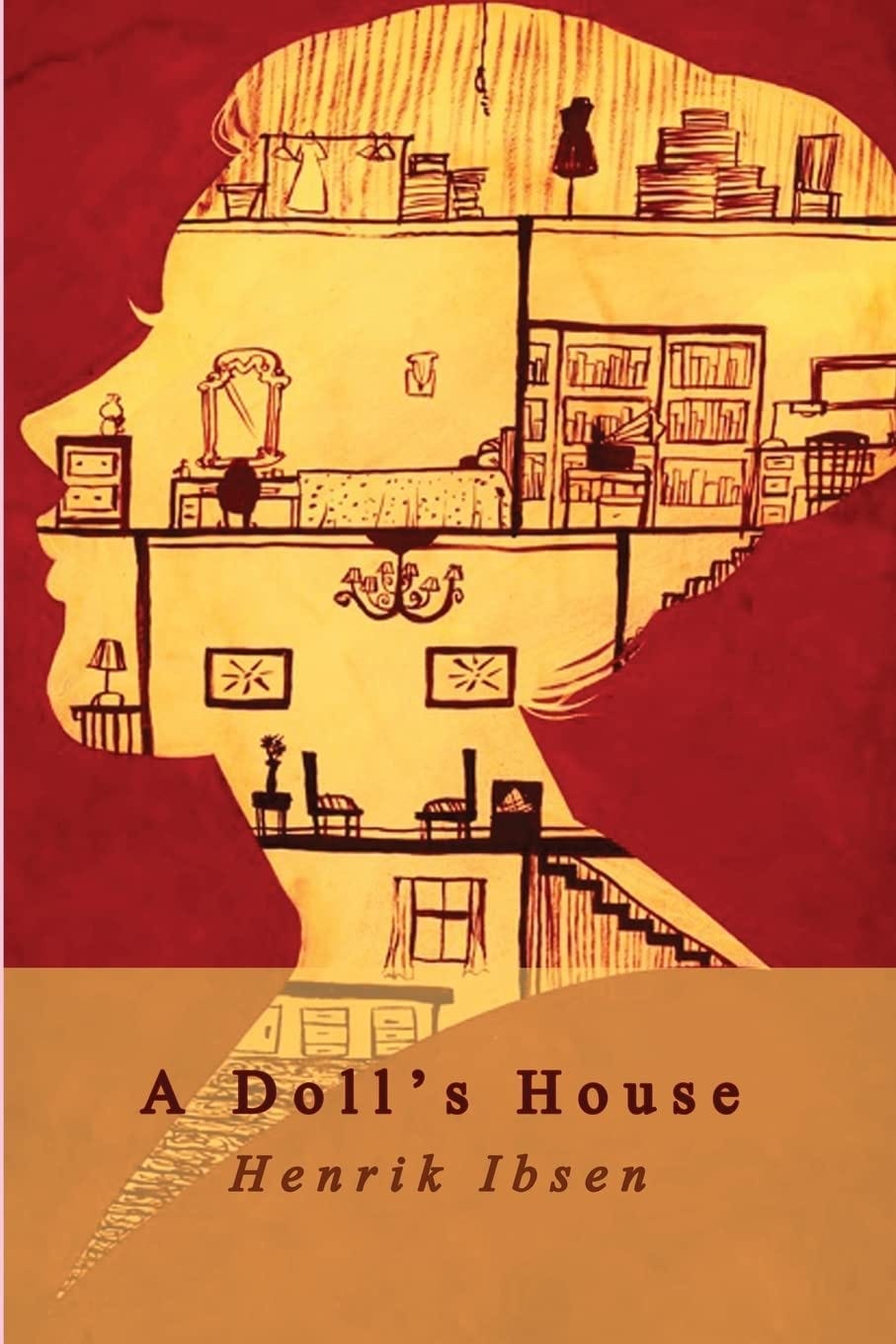
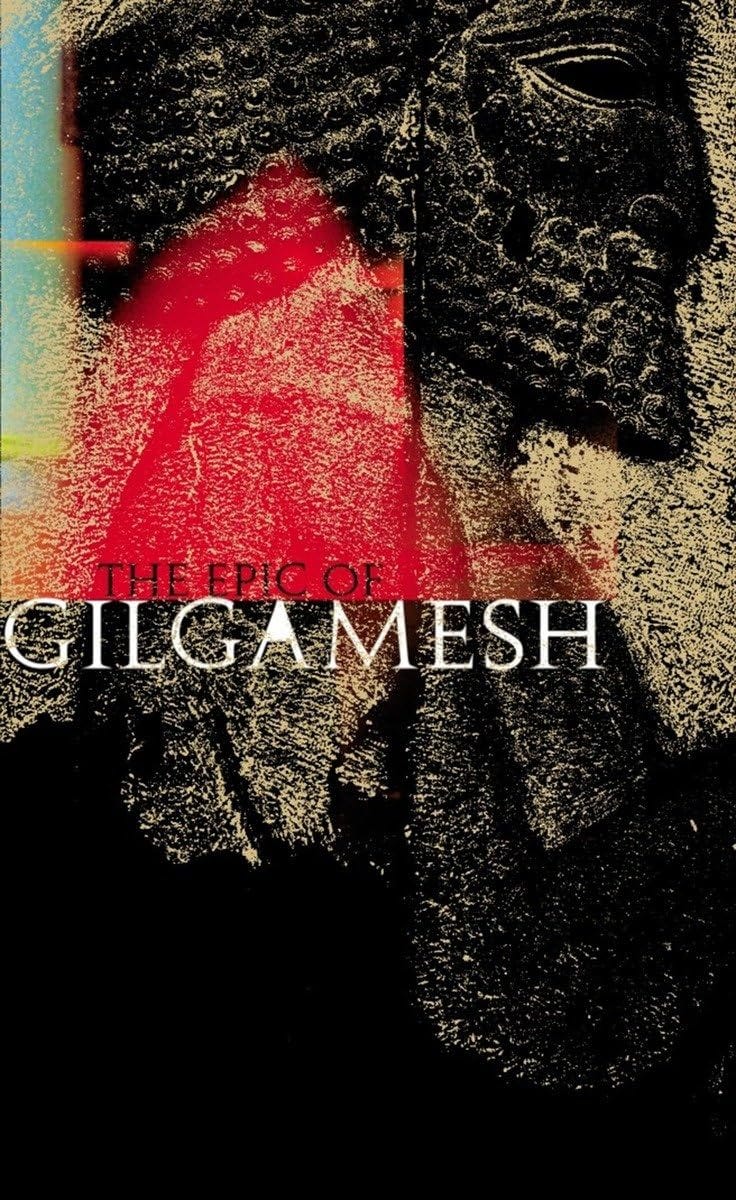

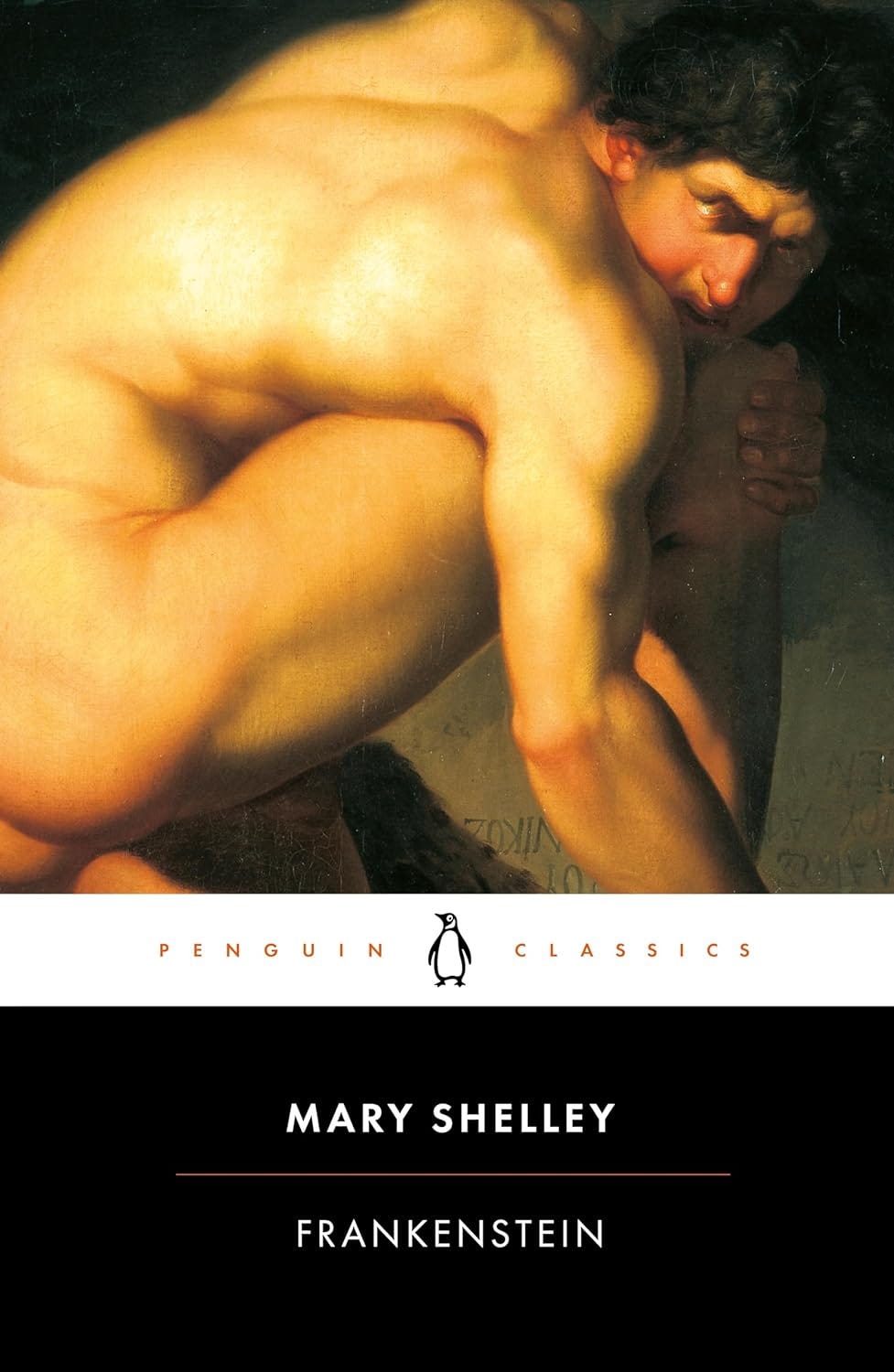
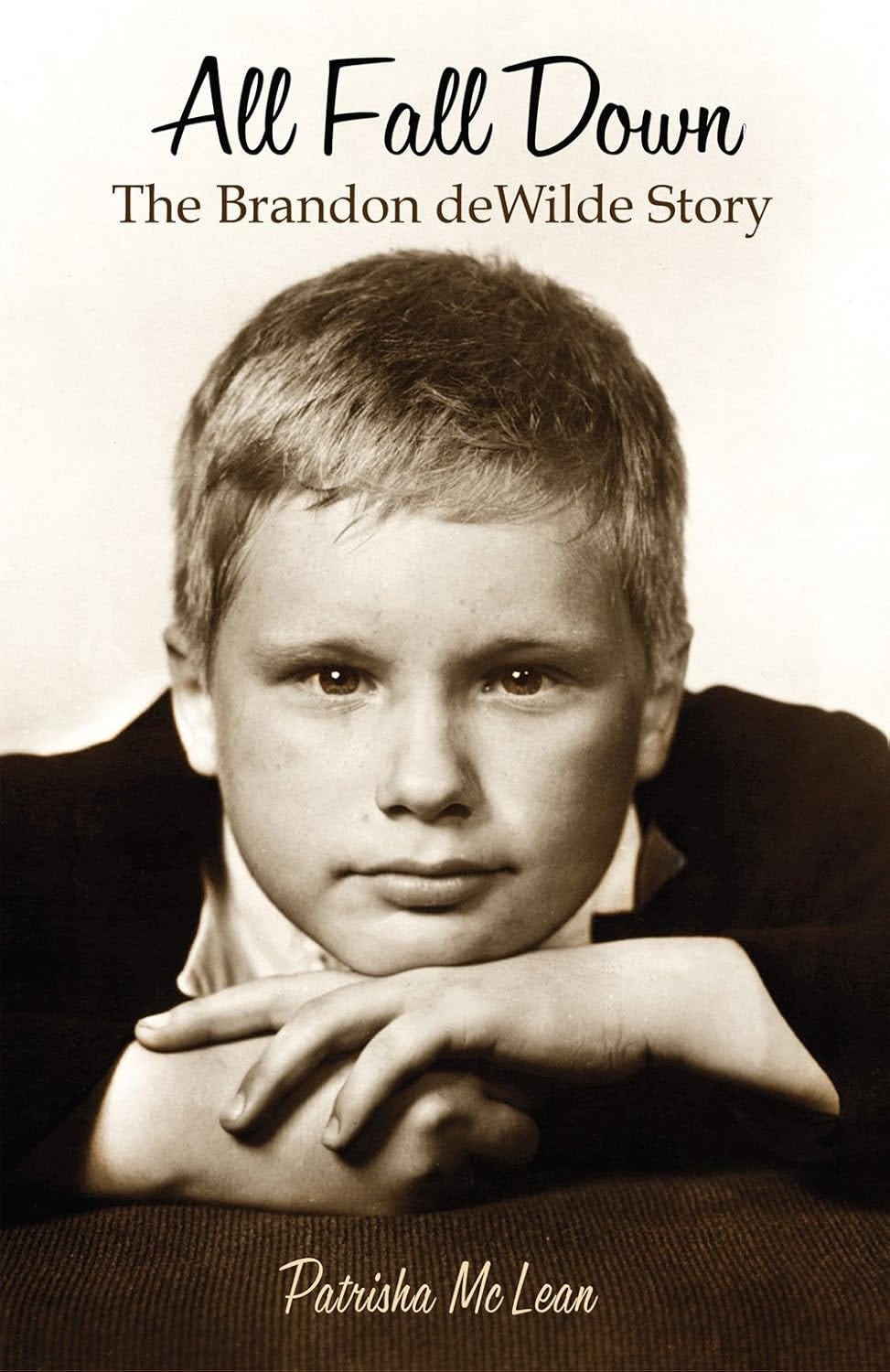
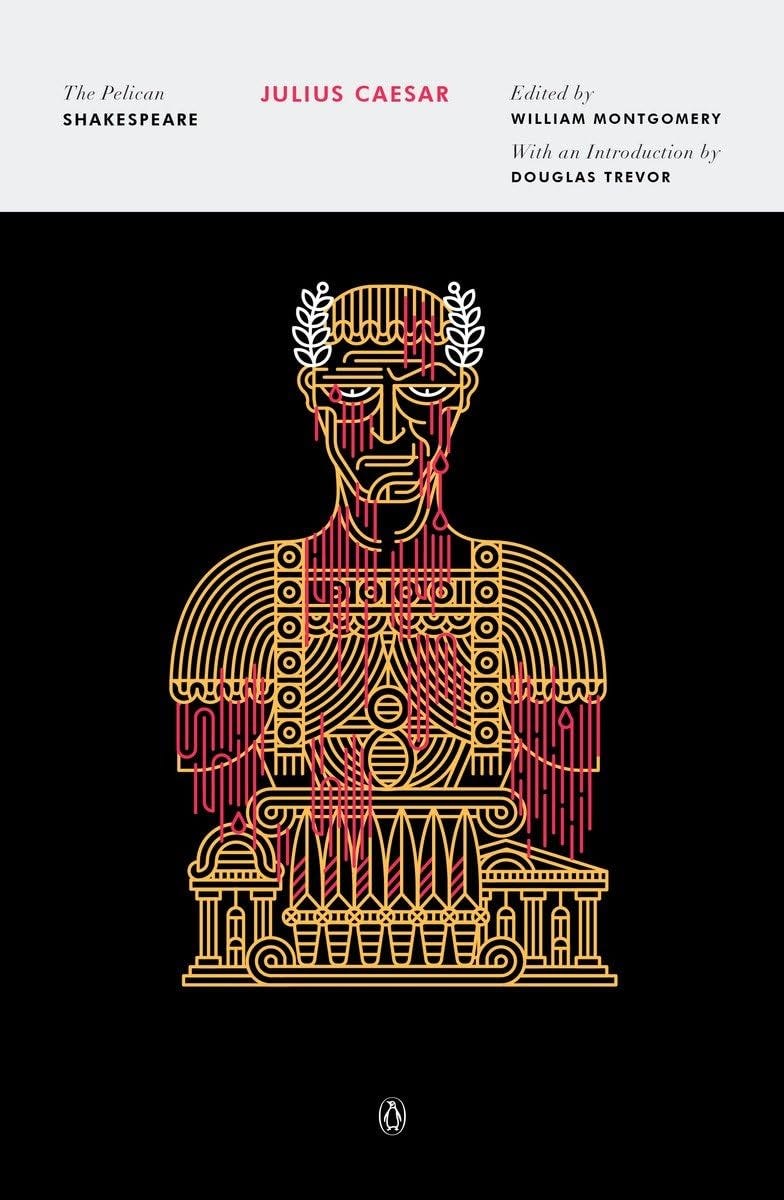

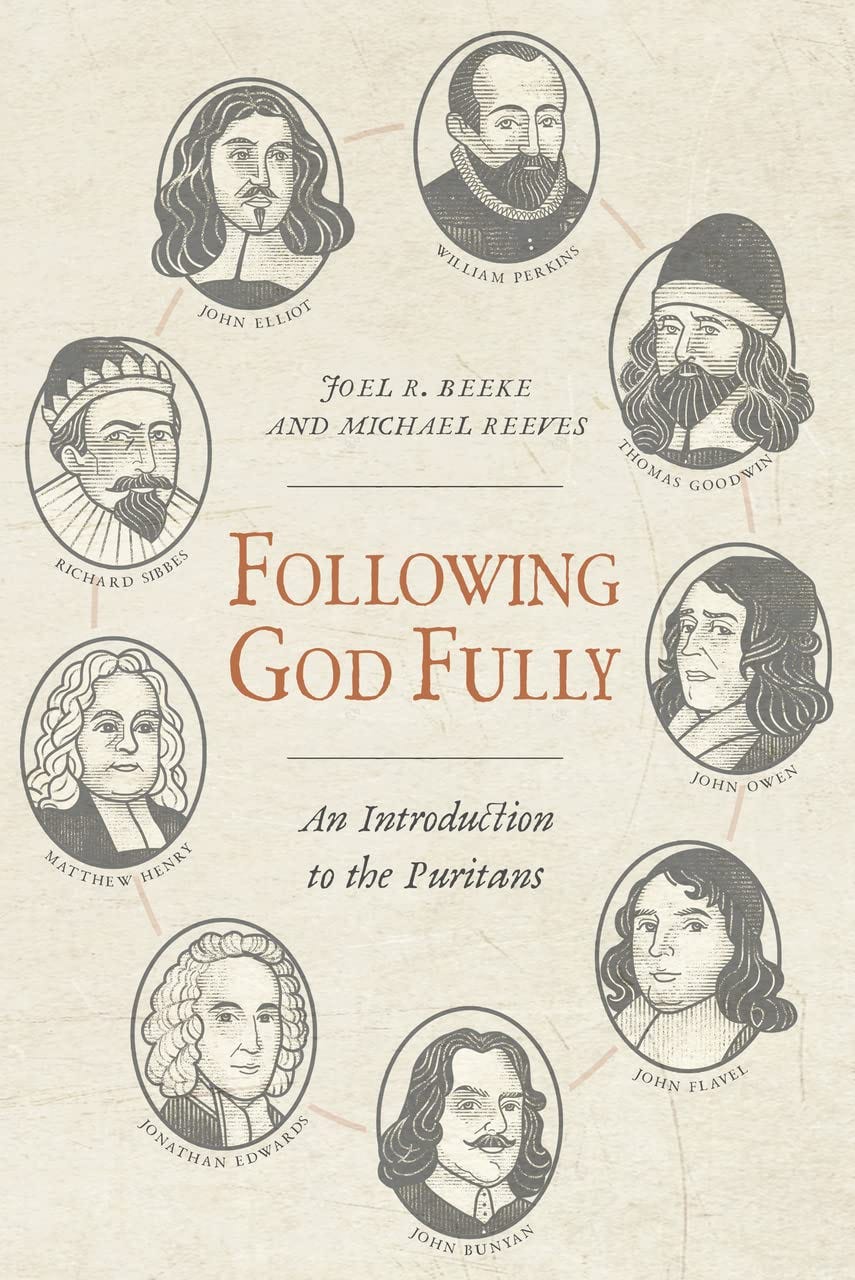
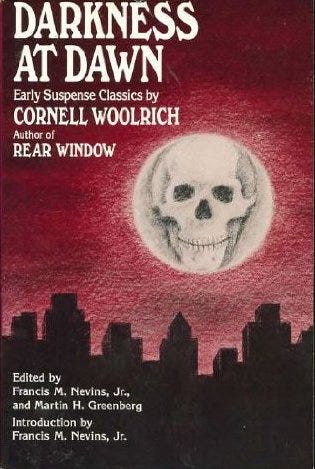
I read Tarzan of the Apes (1912) by Edgar Rice Burroughs. The Disney film I watched as a kid definitely did not prepare me for that! It was a good action story with some interesting insights about the dichotomy between savagery and civilization. The end of this first Tarzan novel felt very much like the tragic end of so many westerns, i.e. Shane, where the hero with savage abilities has no place in the civilized happy ending.